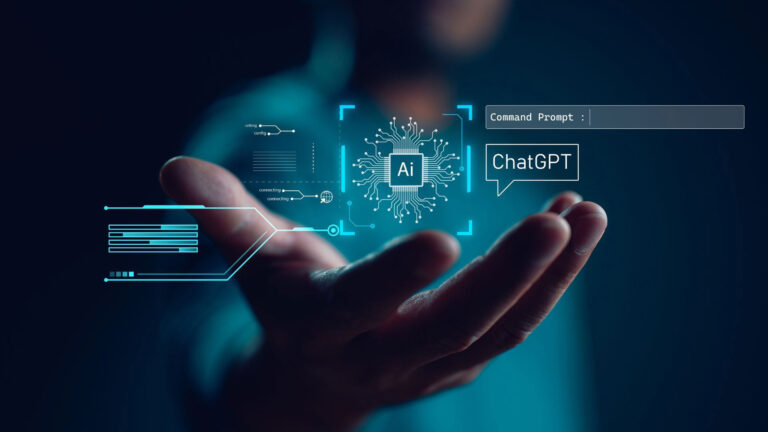In today’s fast-paced world, the word technology is everywhere. From smartphones and social media to self-driving cars and artificial intelligence, technology surrounds us. But what exactly is technology? Is it just about gadgets and machines? Or is it something deeper—something that touches every part of our lives?
In this blog, we will explore the meaning of technology, its evolution, different types, its impact on society, and the role it plays in our everyday lives.
Defining Technology
At its core, technology refers to the use of scientific knowledge for practical purposes. It involves the creation and use of tools, machines, systems, and methods to solve problems or perform specific tasks.
The word “technology” comes from the Greek words techne (meaning “skill” or “art”) and logia (meaning “study” or “science”). So, technology essentially means the study or application of skills and knowledge to make life easier and more efficient.
Technology isn’t limited to computers or electronics. Even simple tools like a hammer, wheel, or sewing needle are forms of technology. Over time, however, the term has become more associated with modern inventions and digital innovations.
The Evolution of Technology
Technology has been a part of human life since the beginning of civilization. Here’s a brief look at how it has evolved:
1. Stone Age Technology
The earliest humans used stones and sticks as tools. They discovered fire, made basic shelters, and developed hunting tools like spears.
2. Agricultural Revolution
Around 10,000 years ago, humans learned how to farm. This led to the invention of plows, irrigation systems, and the wheel.
3. Industrial Revolution
In the 18th and 19th centuries, machines began replacing hand tools. Factories, steam engines, and electricity changed how people worked and lived.
4. Information Age
In the late 20th century, computers, the internet, and mobile phones emerged. This marked the beginning of the digital age, where information could be created, shared, and accessed instantly.
5. Modern Era
Today, technology includes artificial intelligence (AI), robotics, biotechnology, 5G networks, and quantum computing. These innovations are rapidly transforming how we communicate, work, and live.
Types of Technology
Technology comes in many forms. Here are some of the main categories:
1. Information Technology (IT)
This includes computers, software, the internet, and data storage. IT is used in communication, education, business, and entertainment.
2. Medical Technology
Tools and machines used in healthcare, like X-ray machines, MRI scanners, and robotic surgery systems, fall into this category. It also includes health apps and wearable fitness trackers.
3. Transportation Technology
Cars, airplanes, trains, electric scooters, and GPS navigation systems are all part of transportation technology.
4. Communication Technology
From smartphones and social media to email and video conferencing, these tools help people stay connected across the globe.
5. Industrial and Manufacturing Technology
This includes machinery, automation systems, and robotics used in factories to produce goods efficiently.
6. Energy Technology
Solar panels, wind turbines, batteries, and other tools used to generate and store energy are part of this field.
Impact of Technology on Society
Technology has had a profound effect on almost every aspect of human life. Here are a few ways it has changed the world:
1. Improved Communication
People can now communicate instantly with others around the world through phones, video calls, and social media.
2. Advances in Healthcare
Technology has saved millions of lives through better diagnostics, treatments, and access to information.
3. Education for All
Online learning platforms, digital libraries, and educational apps have made learning more accessible than ever.
4. Increased Productivity
Automation, artificial intelligence, and advanced software have improved efficiency in almost every industry.
5. Entertainment Revolution
Streaming services, video games, and digital media have transformed how we consume entertainment.
Challenges and Ethical Concerns
While technology brings many benefits, it also comes with challenges:
-
Privacy Issues: With so much data online, protecting personal information is a growing concern.
-
Job Losses: Automation may replace some jobs, requiring workers to learn new skills.
-
Digital Divide: Not everyone has equal access to technology, creating inequality.
-
Environmental Impact: E-waste and energy consumption from tech devices can harm the planet.
-
Overdependence: Relying too much on technology may reduce face-to-face interactions and physical activity.
The Future of Technology
As we move into the future, technology will likely continue to evolve at a rapid pace. Here are a few trends to watch:
-
Artificial Intelligence (AI): Machines that can think, learn, and make decisions.
-
Internet of Things (IoT): Everyday objects connected to the internet.
-
Virtual and Augmented Reality (VR/AR): New ways to experience digital environments.
-
Sustainable Technology: Innovations aimed at protecting the environment.
-
Space Technology: Private companies and governments are now exploring Mars, moon bases, and space tourism.
Conclusion
Technology is not just about gadgets—it’s about human progress. It helps us live longer, work smarter, learn faster, and connect more deeply. From the simplest tools to the most complex machines, technology reflects our desire to solve problems, create better lives, and explore new possibilities.
Understanding what technology is and how it affects us is essential in today’s world. Whether you’re a student, a professional, or simply a curious thinker, embracing and learning about technology can open doors to a smarter, more connected future.

